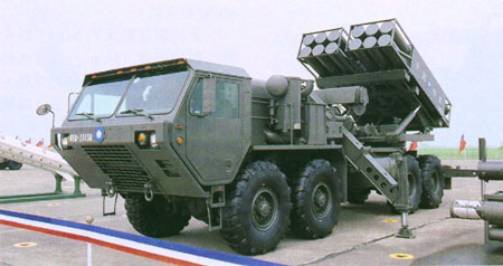






| Website Stats |
Visits from over |
|
Free downloads |
You can now read the material from this website on most electronic devices: -On your computer
Two NEW books from the author of BibleHelp
|
The Missile Principle
Back
Chapter: 9.01
(Section 9: Friendship Evangelism)
Copyright © Michael Bronson 1997, 1999, and 2000
BibleHelp.org
Summary
There is more to communicating than saying the right words. The person you are talking to has to be open to what you have to say. The missile principle tells you how to deliver the powerful gospel message to an open heart.
Click Here for a book version of this material
It is postwar (WWII) Germany and a bulldozer is pushing its way through the rubble of a collapsed building. Suddenly, a massive explosion hurtles the bulldozer backwards. The driver escapes serious injuries but is shaken. Others have not been so fortunate.
Germany was trying to rebuild its battered cities. Near the end of the war Germany started, the U.S. and England had dropped thousands of bombs, some of which failed to explode. These bombs remained hidden in the rubble until their unmarked graves were disturbed.
There were two phases involved in the bombing of Germany, the bomb itself and the delivery of that bomb. The combination of these two parts makes up what is called the "missile principle." Our modern-day missiles, such as the ones used in the Persian Gulf War, were derived from this principle. Each missile has a payload (the warhead) and a delivery system (the rocket engine and guidance system). Both parts must be effective and accurate. A failure in either part will result in a failure of the mission. In the air raids over Germany, there were some failures of both parts. We had planes that were shot down before they delivered the bombs, and bombs that did not explode when they hit their targets.
A missile has two parts:
|
The actual bomb and ... |
|
... a delivery system that gets the bomb to the desired location. Both parts must work correctly in order to accomplish the goal. |
|
Likewise, presenting the gospel has two parts: The actual gospel message and the "delivery system" to get the gospel to the desired location (the person's heart).
|
Although some people may not see the necessity of it, when sharing the gospel message, we need to employ this missile principle. The "payload" is, of course, the actual gospel message, while the "delivery system" is our approach and the way we effectively earn the right to be heard. Unless both parts of the missile function properly, we have not presented the gospel.
The next few chapters have been written to help you strengthen both parts of your witness. The chapter, "Earn the Right to be Heard," deals with presenting Christ in a non-pushy, inoffensive manner. The chapter, "What Would You Say?" will help you develop a clear and simple presentation of the gospel message.
Other Chapters in this Section
Home
Tell a Friend about this page





